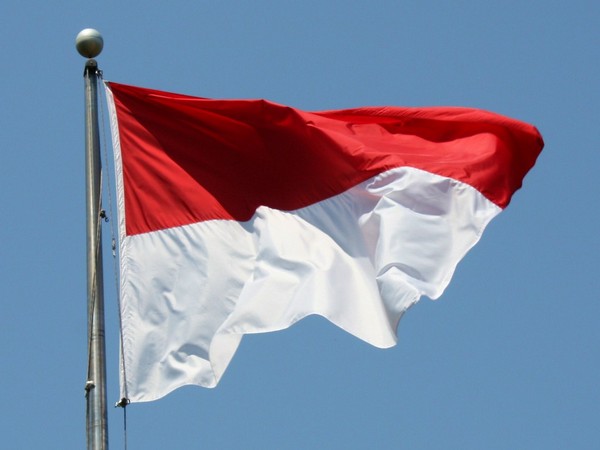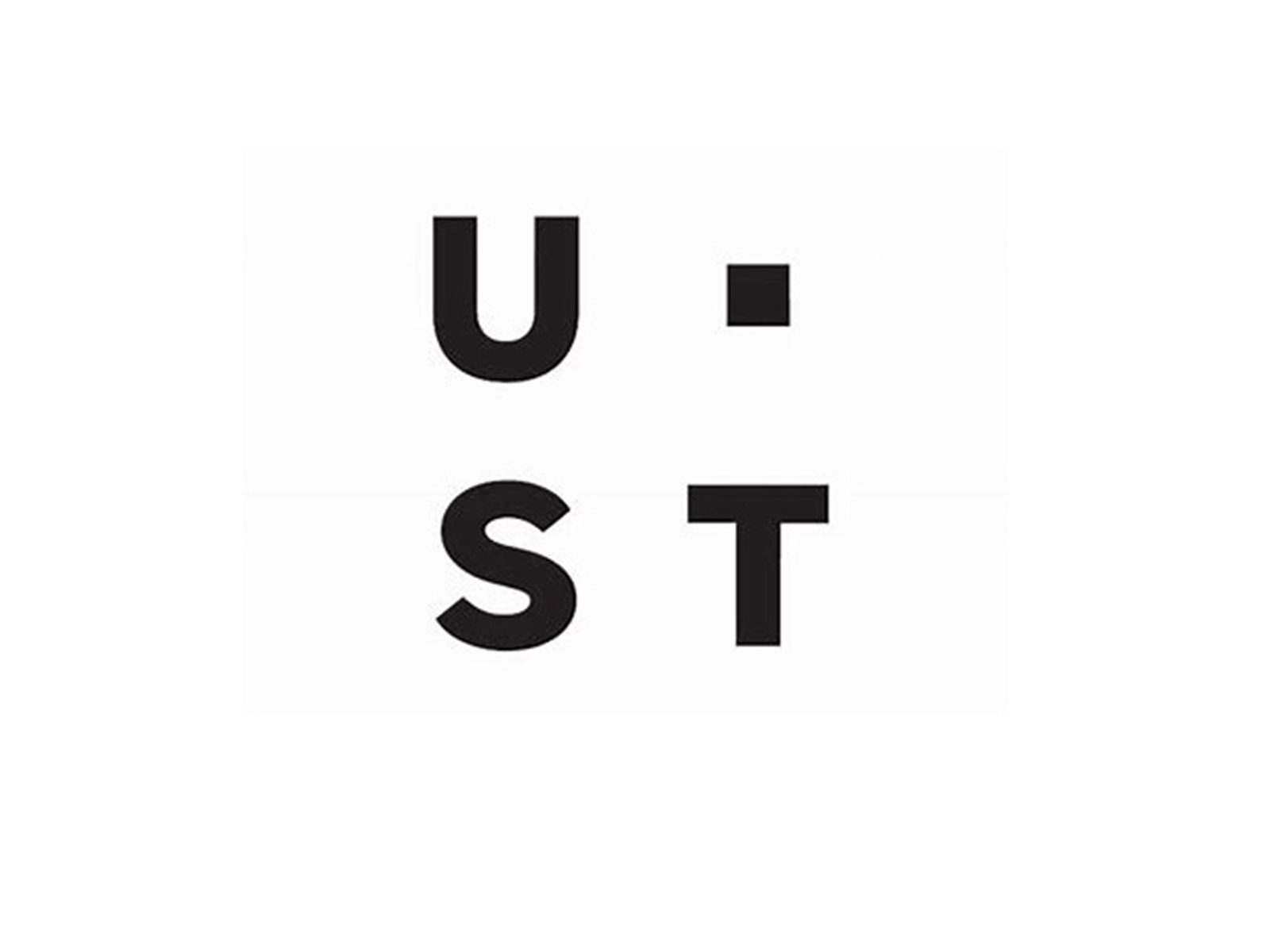Indonesia's nuclear power ambitions
May 29, 2025
Jakarta [Indonesia], May 29: Indonesia hopes a switch to nuclear power can help meet soaring energy demand, but faces serious challenges in getting its first reactor up and running.
Indonesia's first experiment with nuclear power took place in February 1965, when then-President Sukarno inaugurated an experimental reactor. Some 60 years later, Indonesia has three research reactors but no nuclear power plants to produce electricity, according to AFP on May 27.
Meanwhile, coal currently accounts for about two-thirds of Indonesia's electricity production, and the country's abundant but polluting coal reserves still meet its energy needs. However, the Indonesian government is looking to develop energy while controlling emissions and has set a target of achieving net zero emissions by 2050. Indonesian President Prabowo Subianto has promised to ensure energy security while fulfilling his commitment to phase out coal-fired power generation within 15 years.
The first small modular reactor
The Indonesian government wants 40 to 54 gigawatts (GW) of the 400 GW of electricity it expects to generate nationwide by 2060 to come from nuclear. The government hopes to start a nuclear reactor on the island of Borneo in 2030 or 2032, according to Indonesian Energy Minister Bahlil Lahadalia. It would be Indonesia's first small modular reactor, which would have a lower capacity than traditional reactors but be easier to assemble and transport.
The total number of planned nuclear power plants has not been detailed, but the Indonesian government has begun searching for locations, a challenge for a country that sits on the seismically active "Ring of Fire." "Currently, 29 potential sites have been identified for nuclear power plants," Dadan Kusdiana, acting secretary-general of Indonesia's National Energy Council, told AFP.
Kusdiana said the Indonesian government would seek foreign expertise, citing "serious interest" from companies such as Russia's Rosatom, China's CNNC and Canada's Candu. He also insisted that money would be available for the nuclear power project, saying "many potential international investors have expressed interest", including from Russia, the US, Denmark, South Korea and China.
Too ambitious?
While the March 2011 earthquake and tsunami disaster at Japan's Fukushima nuclear plant has stalled nuclear power development in some parts of Asia, proponents say nuclear power can be safely developed in Indonesia. "North Java, East Sumatra, West Kalimantan and Central Kalimantan are considered low-risk areas," said Andang Widi Harto, a nuclear engineering researcher at the University of Yogyakarta in Indonesia.
However, some experts warn that Indonesia's timeline for nuclear power development is too ambitious, given the challenges the country faces, such as connectivity issues, waste disposal and potential domestic opposition, according to AFP. "I am sceptical that Indonesia can deploy nuclear power on any significant scale in the next 10 years," said Philip Andrews-Speed, a senior researcher at the Oxford Institute for Energy Studies (UK).
Environmentalists want to see Indonesia focus more on meeting its clean energy targets with renewable sources. While hydropower accounts for more than 7% of Indonesia's electricity production, solar and wind power contribute only a small amount and could increase significantly, according to some experts quoted by AFP.
Source: Thanh Nien Newspaper








